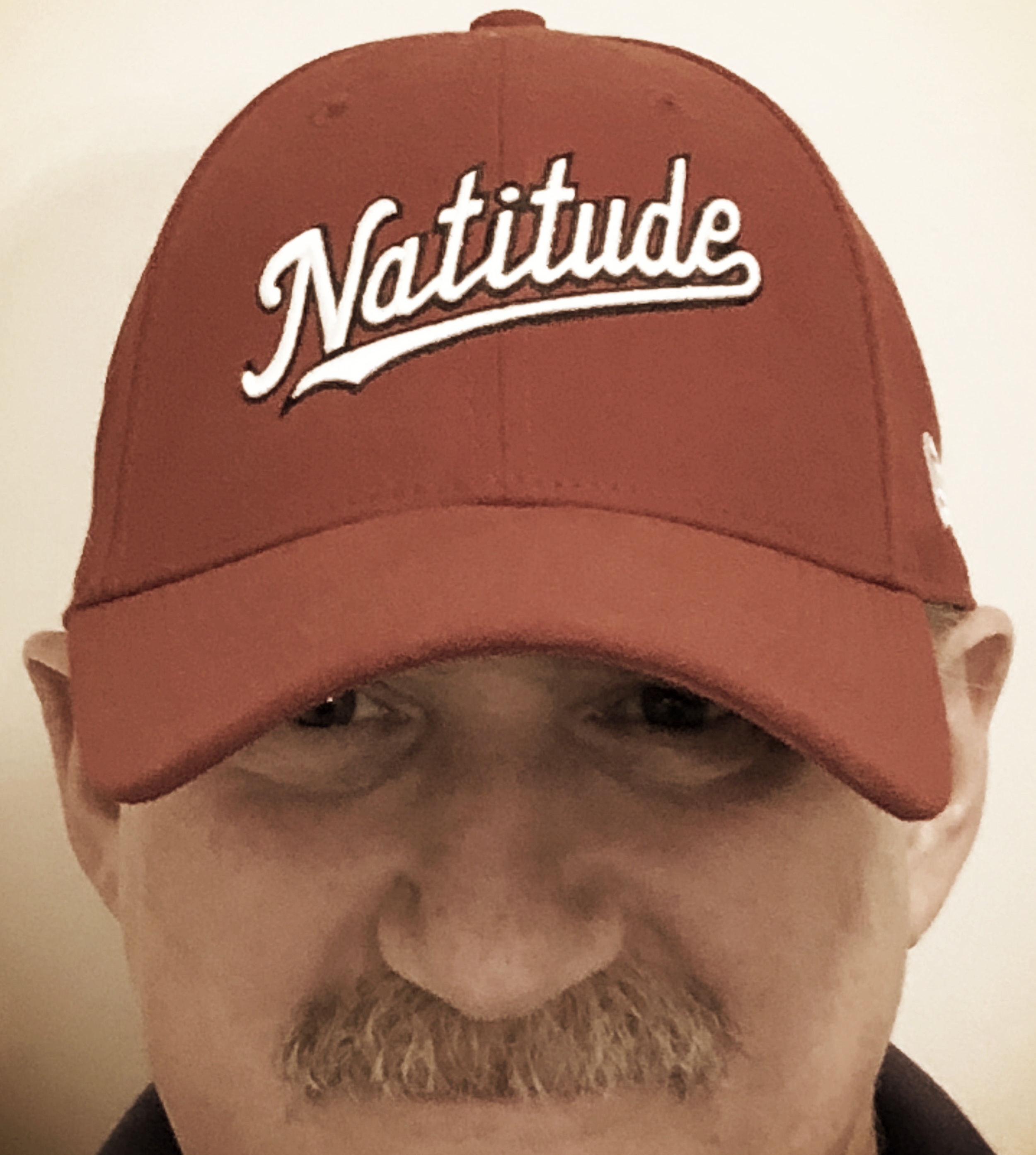As we've discussed before, having cancer means you get stuck with needles - a lot (alot alot). This isn't anything that really bothered me much before (I regularly and willingly donated blood), and I've developed the habit of just looking away when the nurse starts to say, "You're going to feel a little pinch." (I often have a new nurse and always do the Dad joke to first-timers, "just warn me when you're going to start" - after the needle is clearly already in me; plus, they are so good that the pain is honestly minimal to non-existent). I'm what they call a 'good stick' - especially in my right arm.
The protocol for administering intravenous chemotherapy is to start looking for a viable vein in the hand (which honestly is the most uncomfortable) and then working their way up your arm if the back of the hand offers no options (take a look at yours right now and imagine if you would be a good and tough stick). In my case, they rarely have to go much past north of the wrist to find a workable way to draw blood samples out and put various medications in. Most people aren't getting "stuck" as many times in a year or month or week as a cancer patient (those without a port - that's another blog topic), and the reality is that over time our veins can become uncooperative - collapse, roll or get blown (kinda slang medical terms, but you get the idea - this vein ain't no good no more - move on; ie: up the arm). But sometimes I wonder, how much longer are my good veins going to last?
Since I’m technically not actually getting infusion chemotherapy as part of my current/ongoing regimen (I monthly receive IVIG in my arm and the monoclonal antibody Darzalex Faspro in my tummy, and take a daily small oral dose of the chemo Pomalyst - 1mg), they can start in the crook of my elbow (cubital fossa). That vein, in my right arm, is a veritable superhighway with easy access and no traffic in sight - for the foreseeable future. And so far, it seems to recover nicely during the 4-weeks in-between each treatment (stick). But I wonder, how much longer will that last?
Really, there is nothing proactive or preventative that I can do about it. So, like many other things associated with this journey, I'll just enjoy the ride, appreciate the good fortunate for now, and deal with this next obstacle when the time comes . . . if ever.




